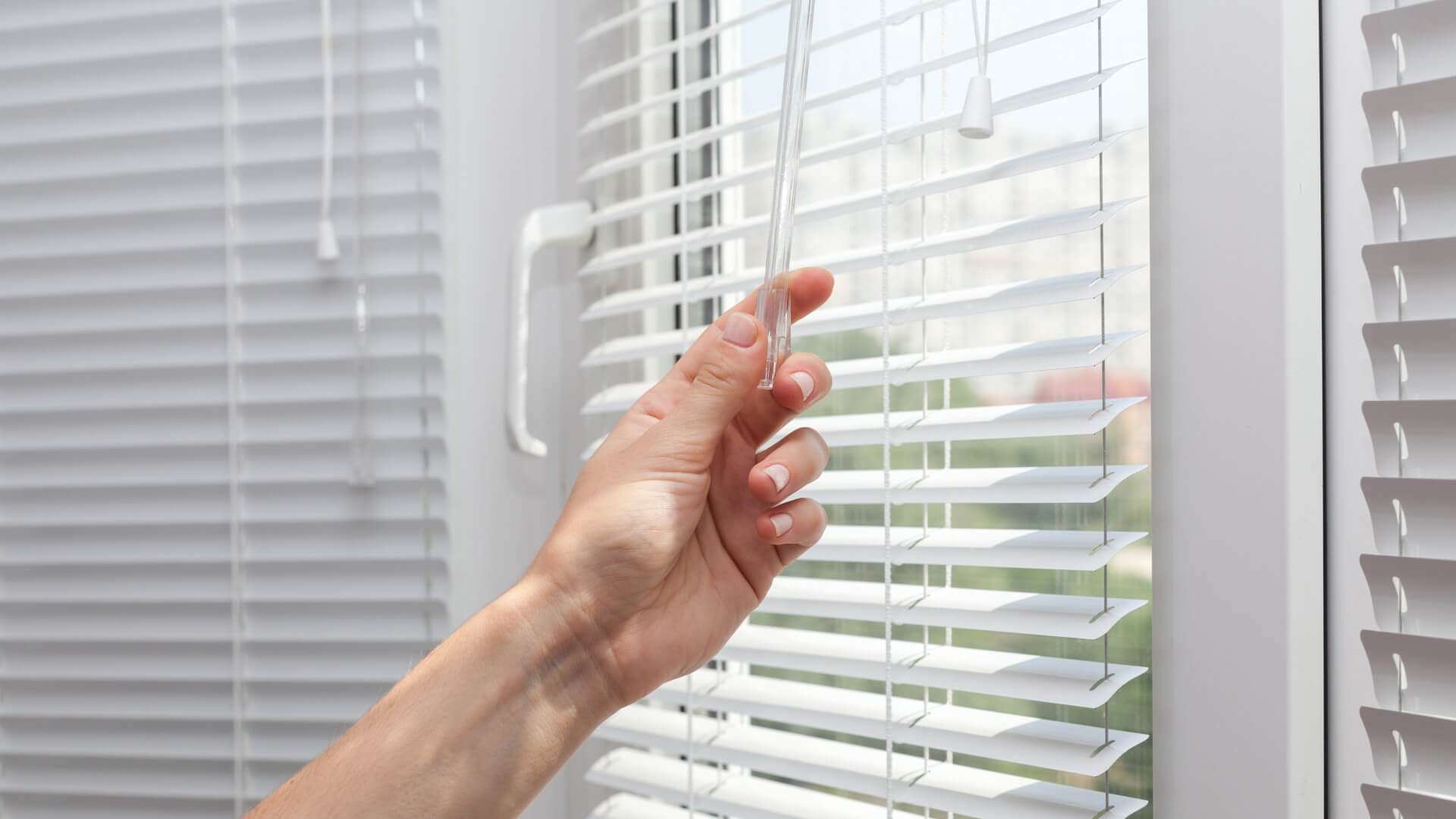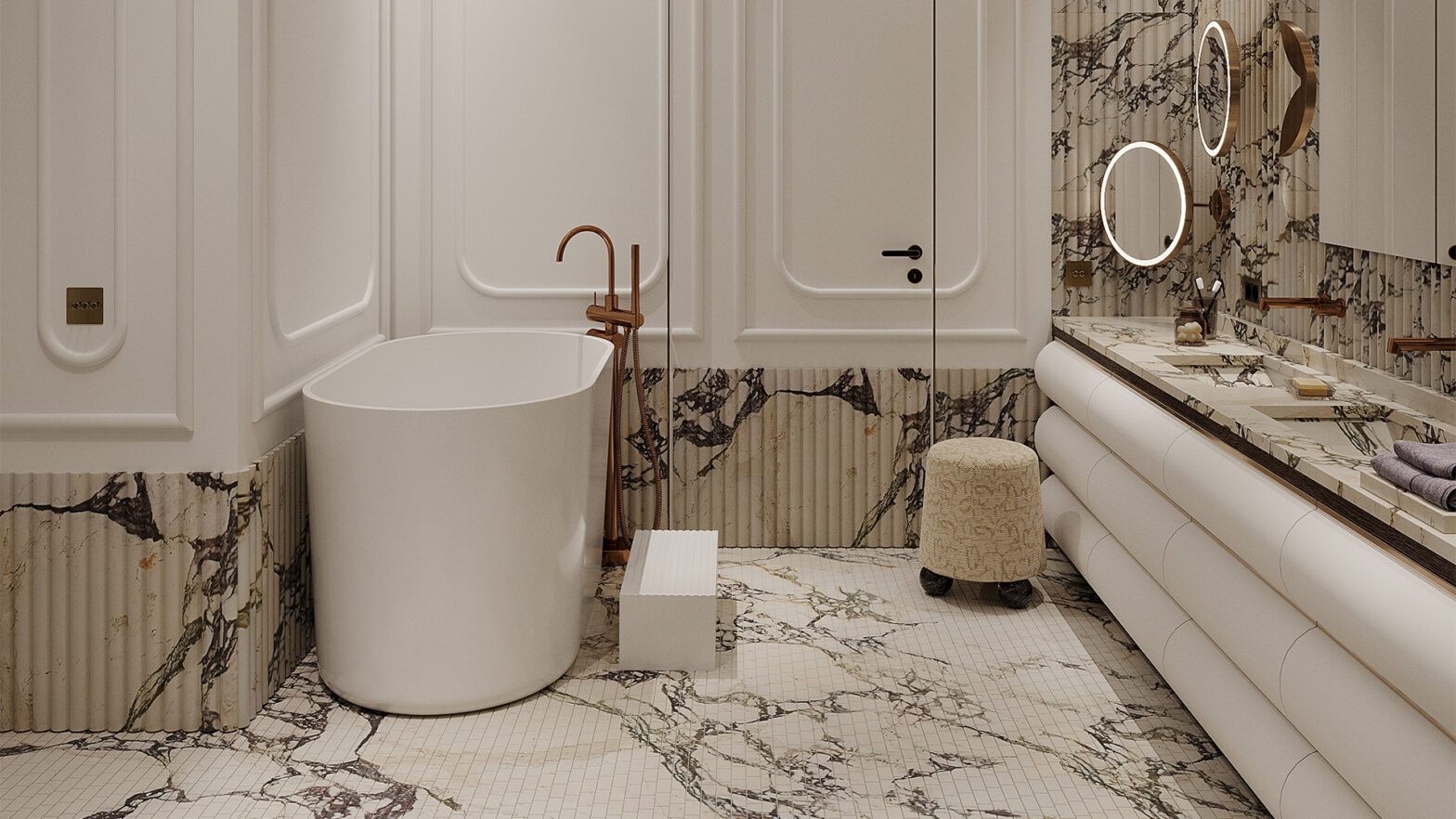With millions of Brits spending more time at home over the last few months, the average gas and electric bill has risen by nearly 40%1.
As we head towards the cooler months, these high costs could be set to continue, even if restrictions start to ease off.
So sofa and carpet specialist, ScS, has partnered with Holly Herbert from webuyanyhouse.co.uk to reveal the five easy adjustments you can make to your home to save hundreds of pounds on your utility bills.
1. Replace regular light bulbs with LEDs - £940 a year (up to 75% saving)
One of the easiest changes you can make, but one that could save you nearly £1,000 a year, is to replace your standard light bulbs with LED alternatives. LED bulbs come in all shapes and sizes and are incredibly energy-efficient, which does wonders for your wallet.
Holly says: “LED bulbs use a fraction of the electricity compared to normal bulbs. Most LEDs use at least 75% less energy, saving you a huge amount on your bill.”
With the UK’s average annual gas and electric bill standing at £1,2542, it means that this simple action can save you up to £940 a year.
2. Leave your blinds and curtains open longer - £752 a year (up to 60% saving)

Try to make the most of the sun’s heat and let as much natural light into your home as possible. This will reduce the amount of time that you need to have your electric lights and heating on, saving you money.
Holly says: “It’s tempting to turn your lights on early in the evening and keep your curtains or blinds closed. However, particularly in the summer months, try keeping them open until sunset, as the natural light and heat can help save you around 60% on your bills, compared to constantly having your lights on.”
3. Don’t heat empty rooms - £414 a year (up to 33%)
Every additional room you heat adds a substantial amount to your bill, so if there are any that you don’t spend much time in, such as those you use for storage, consider leaving them cool.
Holly says: “If you have rooms in the house that you don’t use, turn the radiators off and close the doors, particularly in winter. This can cut your bill by as much as a third, depending on how many rooms you’re not using.”
4. Move your sofa away from the radiator - £125 a year (up to 10%)
Large pieces of furniture soak up heat, so if you place sofas or armchairs in front of your radiator, the warmth won’t circulate around the room as well. This means you’ll have to heat your home for longer, adding to your bill.
Holly says: “Moving your sofa even six inches away from the radiator will allow heat to flow around the room much more effectively. This can save you up to 10% on your bills.
“The more space between furniture and radiators the better, but because heat rises, you can get away with smaller gaps if you don’t have much space in the room.”
5. Move furniture away from external walls - £125 a year (up to 10%)

You’ll feel the cold more if you’re sat by an external wall, so if possible, try to position your furniture away from the outside of the house.
Holly says: “If you can arrange your house so that most of the furniture sits against internal walls, you should feel warmer. You’ll feel the heat from throughout the house, rather than the cold seeping through from outside. This should allow you to have the heating on for shorter periods of time and reduce your bill by 5 to 10%.”
Corner sofas are particularly effective at making a room feel warmer as they leave less empty space for draughts to build. Ensure that at least one length of the sofa is against an internal wall to feel the most benefit, as seen in this image of the Antwerp corner sofa, currently on offer at £1,199.99.
Dale Gillespie, Head of Acquisition at ScS, said: “The spring and summer months are usually when people can make savings on their utility bills, but lockdown has prevented this by keeping people indoors for longer.
“This means that cost-cutting measures are going to be really valuable as we head towards the end of the year, particularly ones that are easy to implement, such as the five we have listed here.”


































